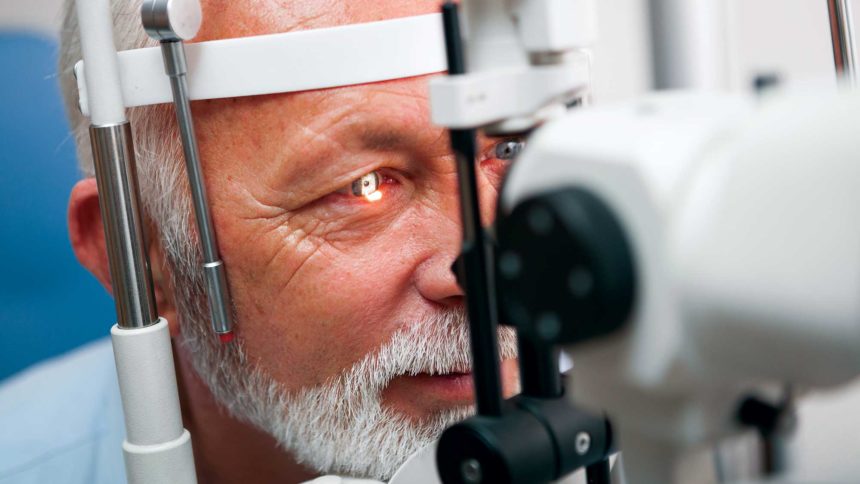
The Food and Drug Administration has approved a less expensive copy of the blockbuster drug Lucentis for treating neovascular (wet) age-related macular degeneration and related eye conditions.
Wet macular degeneration causes central field vision loss, including loss of visual clarity. It mostly affects adults aged 60 years and older and is common, with more than 200,000 people diagnosed each year, according to the Mayo Clinic.
The newly approved drug, ranibizumab-nuna (Byooviz), is the first FDA-approved ophthalmology biosimilar to Lucentis, Roche Holding AG’s drug, which was approved to treat wet macular degeneration in 2006. Biosimilar drugs very closely duplicate a costlier brand-name drug, but are not identical their pricier counterparts, as are generic drugs.
Byooviz, made by Samsung Bioepis Co Ltd and Biogen Inc, saw favorable results in a trial that compared its efficacy to Lucentis, FDA reported. Novartis AG’s Beovu is another competitor brand-name drug that treats wet macular degneration, and was approved in 2019.
Byooviz is set to be marketed in the United States starting in June 2022, Biogen has reported. The drug has also been approved in 27 European Union member countries and the United Kingdom.
When used to treat macular degeneration, the drug is injected into the eye once each month to prevent or halt progression of the disease and vision loss. It also is approved to treat macular edema, or fluid buildup, that happens when veins in the retina become blocked, and a vision-threatening complication of nearsightedness called myopic choroidal neovascularization.
“Today’s approval provides another treatment option for millions of people whose vision is impaired and is another step forward in our commitment to provide access to safe, effective and high-quality biological products,” said Sarah Yim, M.D., director of the Office of Therapeutic Biologics and Biosimilars in the FDA’s Center for Drug Evaluation and Research.
Approximately 11 million people are affected with AMD and the prevalence of advanced AMD is growing due to the aging population, Samsung Bioepsis reported.




